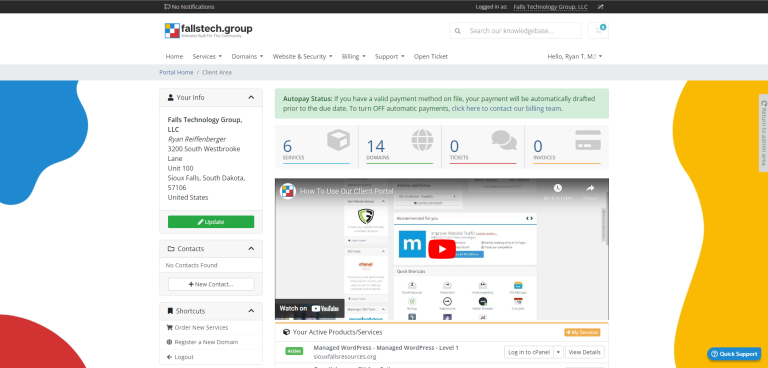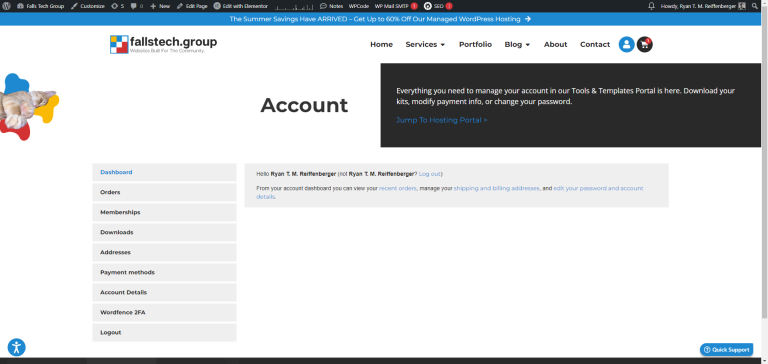Setting up DNS for web hosting is usually a pretty simple process as most providers will pre-generate records for you ahead of time to get you started; but what if you want to migrate your DNS into your own provider and can’t import your data? Where do you start?
This guide is here to help you get your DNS records situated and in place to get your hosting, email, and basic functionality online. This guide will not include all types of DNS records, but the ones we recommend you investigate to get your web hosting set up.
Primary Records
There are several primary records that you will want to worry about when setting up your DNS routing. These records control where traffic is directed and how visitors reach different services on your domain.
- A Records – Your A records will control where your domain resolves to. In most cases, you will want to create an A record that points to your web hosting server.
- AAAA Records – Your AAAA records will also control where your domain resolves to, but controls things from an IPv6 standpoint. These will almost always be pointed to your web hosting server.
- CNAME Records – Your CNAME records will typically be domain aliases that will point to outside services, or redirect to an A record on your account. A great example is your WWW record, which points either towards your main web server or towards your CDN (Content Delivery Network) services.
- MX Records – Your MX records will tell visitors where email will be directed in your network. These records are required for any mail handling on your domain.
So which records are required? We recommend that you create at bare minimum one A record that will to your web server and get your web services online. Additionally, you should have at least one MX record that points to your email services.
Example Records
| Record Type | Name | Value |
| A | yourexample.com | <Your Web Server IP Address> |
| MX | yourexample.com | yourmailserver.com:10 |
Secondary Records
Secondary records will typically control HOW traffic behaves on your site. These records will control decision making and validation in your configuration and in many cases are responsible for validating your identity to other providers.
- SPF Records (TXT) – Your SPF Record (in TXT format) is what what controls your email sending permissions. This record contains all of the information necessary for outside domains and services to know who has authorization to send email on your behalf, whether it be servers, services, or domains.
- DKIM Records – DomainKeys Identified Mail (DKIM) is a method of email authentication that helps prevent spammers and other malicious parties from impersonating a legitimate domain.
- DMARC Records – DMARC, which stands for Domain-based Message Authentication, Reporting, and Conformance, is a DNS TXT Record that can be published for a domain to control what happens if a message fails authentication
So which records are required? We recommend that you create at least one SPF record for your domain if you have MX Records. If you are concerned about security, you should consider setting up DMARC and DKIM.


